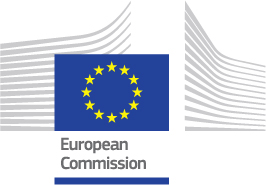Jeremy Rifkin, President of The Foundation on Economic Trends, told attendees at a press briefing that Europe’s role in history’s “third industrial revolution” would see cities transition from fossil fuels to full implementation of the circular economy as early as 2040. Around 78 percent of Europeans live in cities, which make up around 85 percent of the EU’s GDP. Several European cities have successfully begun to implement the circular economy, defined as an efficient ecosystem of information, as well as physical goods designed to minimise waste and consumption of energy. Smart cities are a growth market expected to be worth around US$1.5 trillion globally by 2020. Of the total market value created by this time, around 38 percent is predicted to emanate from smart education and smart energy technology. PDF available here: CitiesToday_article.

Europe to lead world’s smart cities by 2040
- Zia@R2M
- 13th February 2017
- Sustainable Cities and Communities
- 0 Comments



